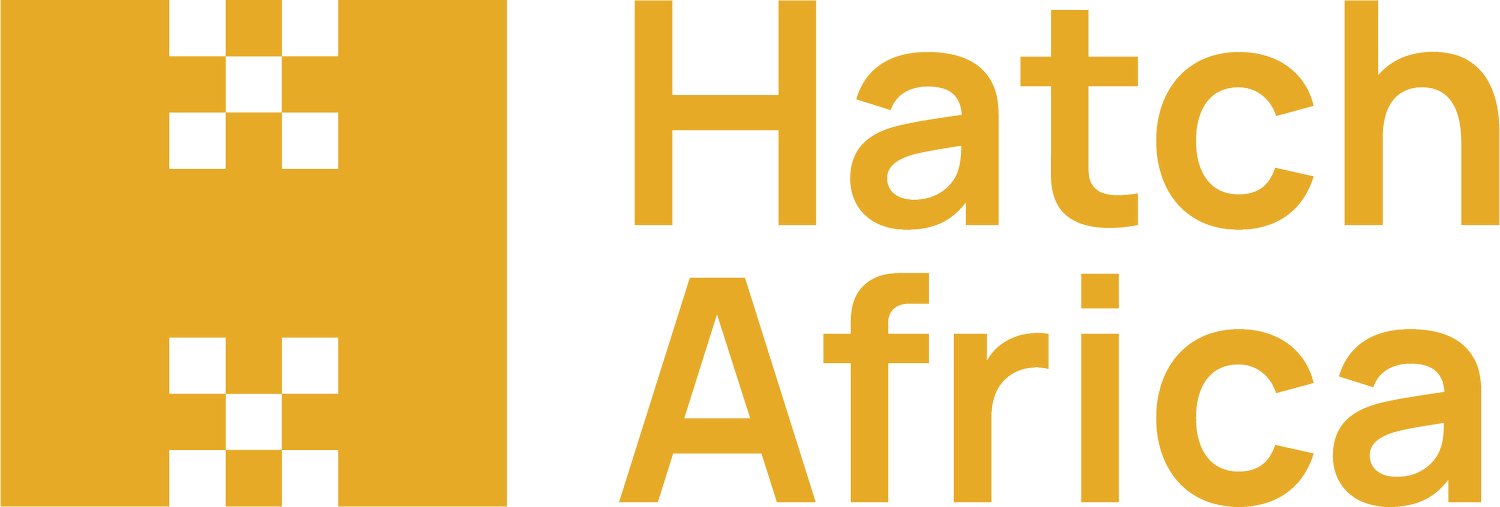A Ghanaian Cocoa Farmers Resilience to Climate Change through Poultry: Opanyin Tabi Gyansah’s Story
Opanyin Tabi Gyansah
Opanyin Tabi Gyansah is a cocoa farmer in Boameng, Ashanti Region of Ghana in a household consisting of himself and 6 others. He acquired the skill of cocoa farming from his father and ever since has been into cocoa production as a major crop.
Opanyin owns 5 acres personally and manages 15 acres of cocoa farm as a family custodian. Due to challenges connected to climate change, such as poor soils, pests and disease and the age of his cocoa trees he is unable to harvest enough cocoa to keep up his livelihood. On average he is harvesting 15 bags of cocoa instead of the desired 40-50 bags per annum. He is also unwilling to rehabilitate his over aged cocoa farms. “This is my source of income so what I do is to replace cocoa trees which are dying. It takes 4-5 years to rehabilitate a farm. How will we survive?”
During the off-season which is between the month of October-April, most cocoa farmers find it difficult to make ends meet, and the educational, health, and nutritional needs of these families are negatively affected. Cocoa is a seasonal crop and the income generated during the cocoa season is almost expensed before the season comes to an end. Many cocoa farmers, Opanyin included, do not have a sustainable alternative livelihood during the off-season and will take loans from the cocoa purchasing clerk against the next season's harvest.
Seeking to get out of this cycle and have an alternative livelihood to supplement the household income, Opanyin decided to start a poultry business. Initially, he started his poultry business with cockerels from a local hatchery, however, he encountered losses due to high mortality. In 2022, he attended a Premier Poultry (PPL) Farmer training where he was introduced to SASSO Birds (Premier Akokor), highly productive and low mortality birds. His first brooding of 200 Day Old Chicks (DOCs) was distributed among members of Kae Me Bre, a cocoa farmers association to which he belongs. Having realized the quality of the birds and the potential demand for SASSO, he adopted the PPL business model of brood and sell.
He currently has grown his business from 200 DOCs to an average of 600 DOCs per cycle and does 4 cycles per year. “Premier Poultry provides free delivery service and free vaccines when you buy 500 and above DOCs. They also provide technical support.” After the sale of Month-Old-Chicks (MOCs), he keeps some birds for household consumption or to share amongst community members.
Today, Openyin is optimistic about his poultry business in ensuring some level of financial stability. After a few cycles of brood and sell he has been able to purchase 20 bags of cement with which he has molded some 600 blocks for the comment of two rooms on his compound. "Previously I couldn't do or think of doing such a project because the money was insufficient for the home" He also has plans to complete an abandoned pen he started some years ago to increase his number of DOCs per cycle from 600 to 2000.
Having adopted the PPL business model there have been significant improvements in his family life. He can pay school fees and other educational bills of his children, pay hospital bills and buy prescribed medications when the need arises. He no longer needs loans as he is able to use the profit to take care of his needs.
“Poultry Farming has a lot of benefits, and I will encourage every family to keep some at home”

